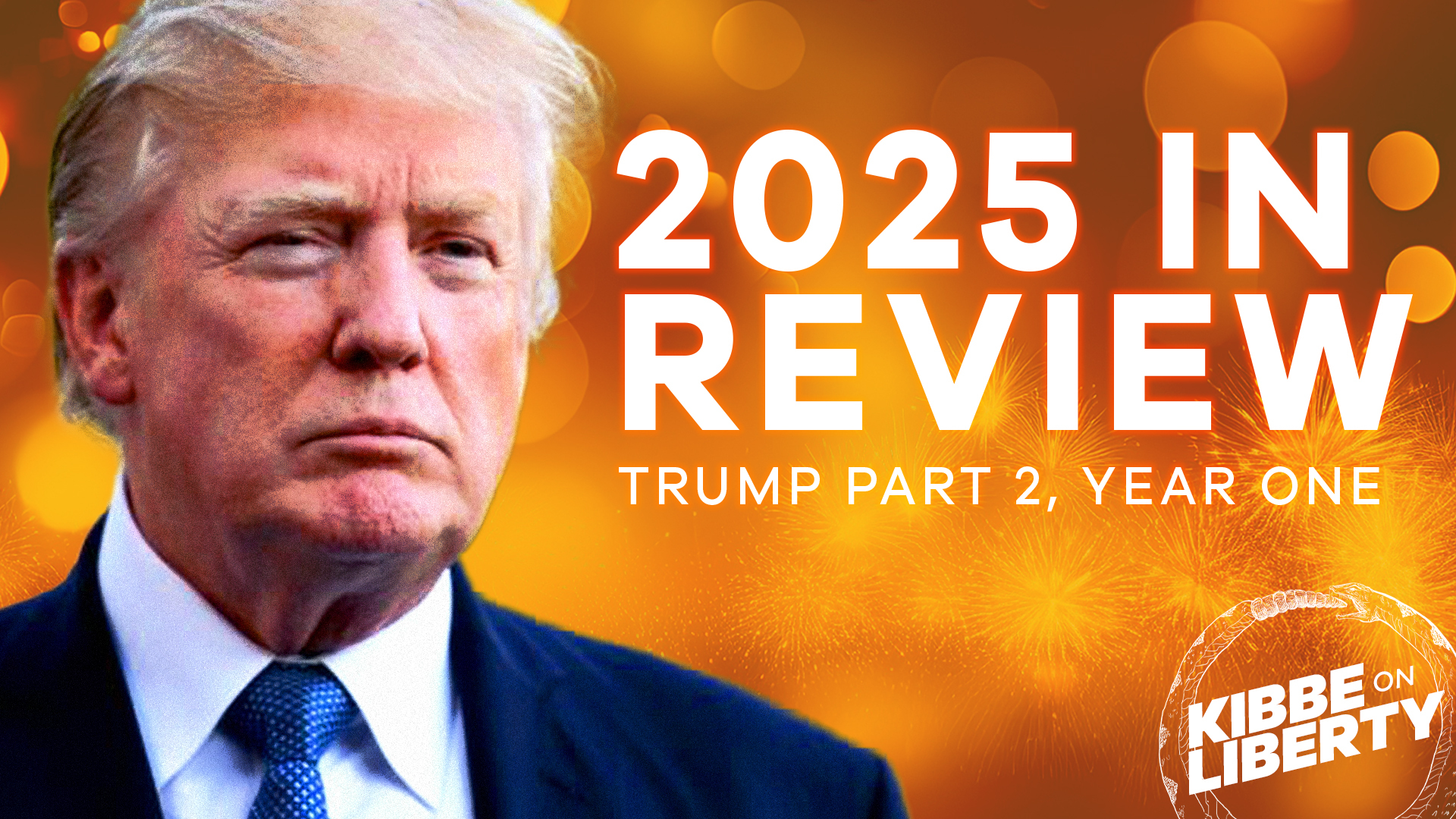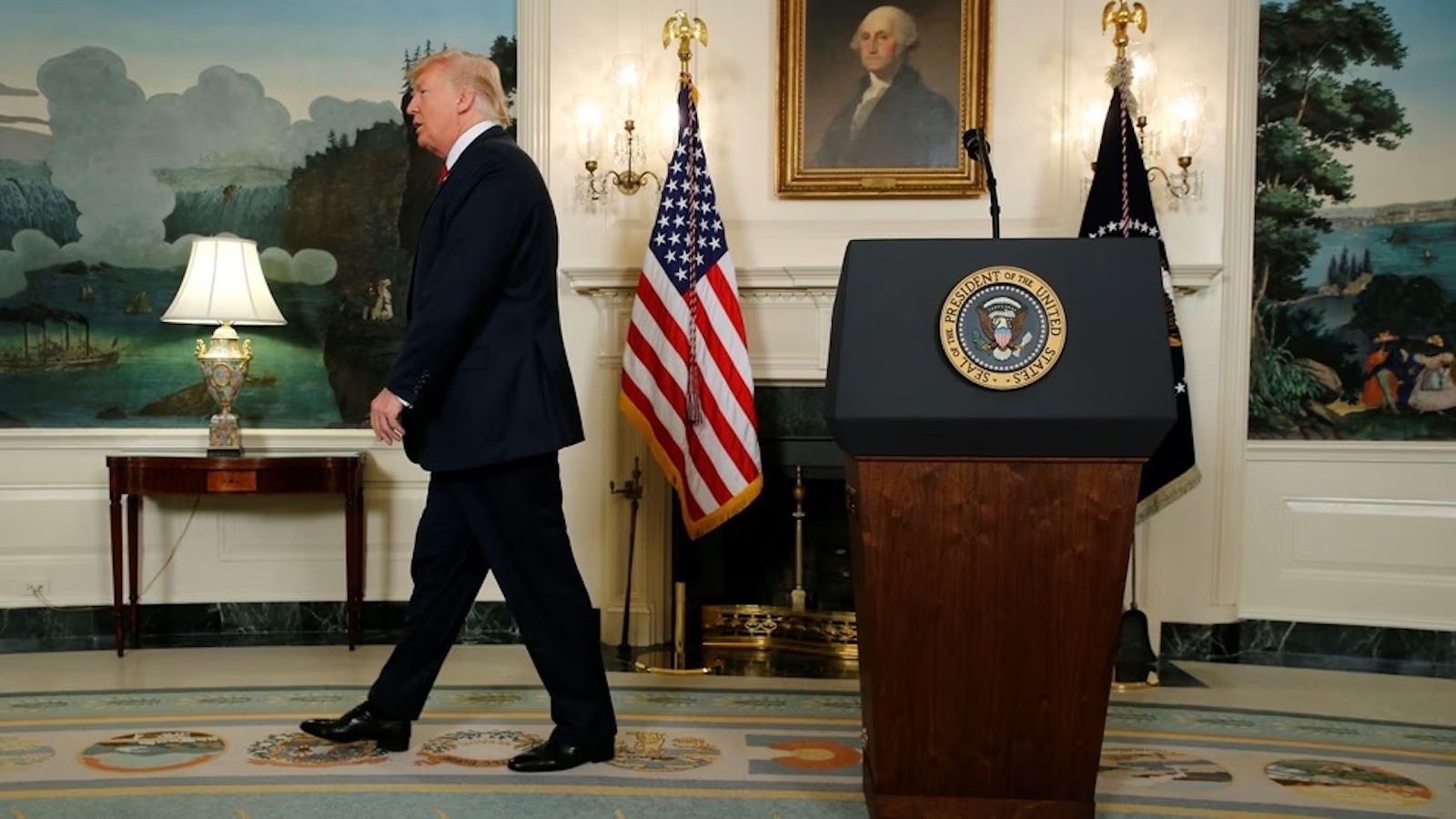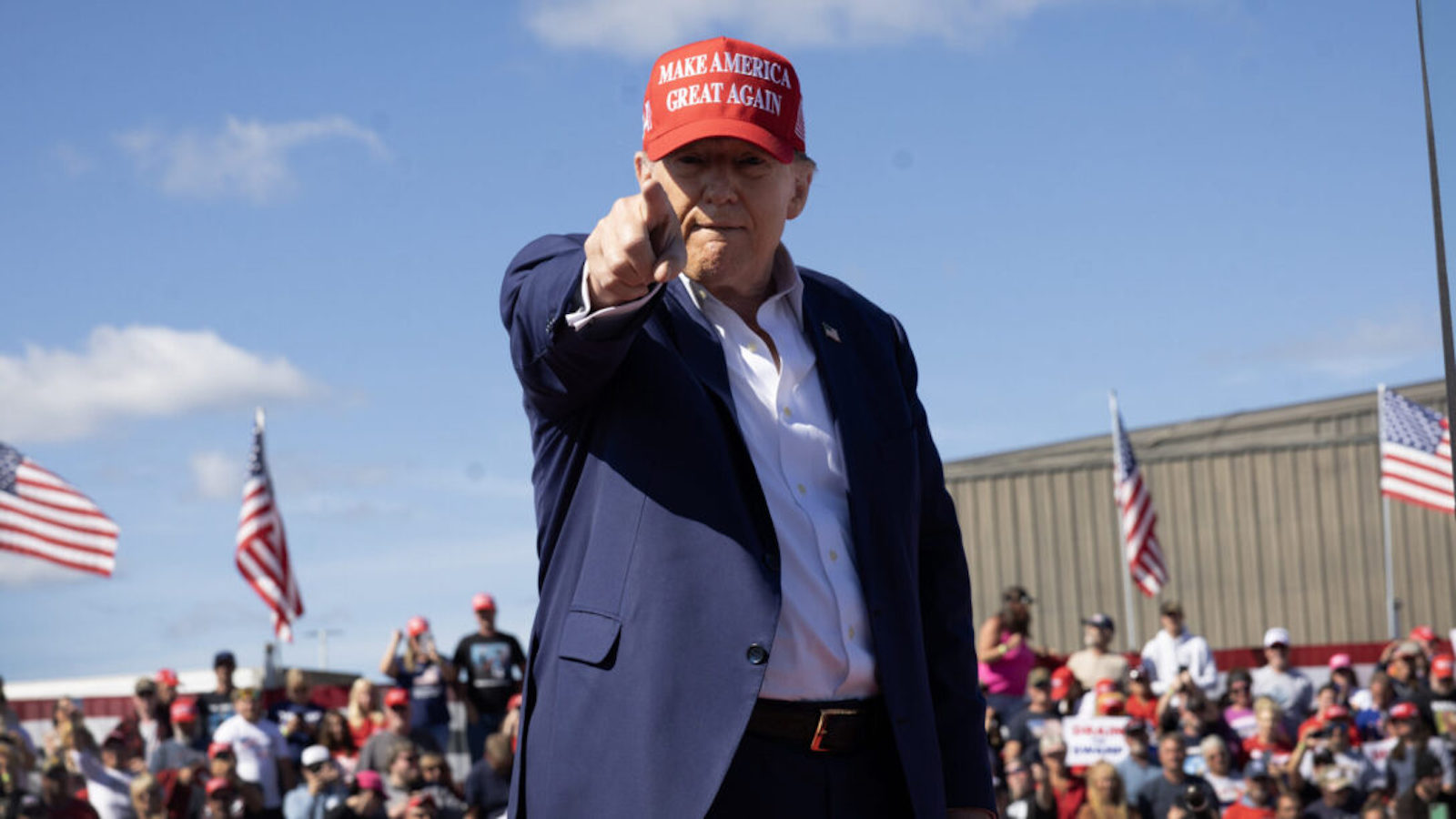
Democracy Lost and the Freak Power Paradox
Rain is either a blessing or a curse, and sometimes I can’t tell the difference. Knocking doors for a campaign is not a very enjoyable activity if you’re an introvert like me, but rain doesn’t make it any better. What rain is good at, however, is making you run for cover, which is what I did recently while knocking doors for a candidate. Taking refuge under the shaded patio of a kind stranger, I looked into his neighbor’s yard and noticed outside the front door, his yard was flanked by a pattern of yard signs for both the Republican incumbent and unopposed Democrat going into this week’s primary. Where did this combination from hell come from?
The liberal Republican incumbent had a progressive voting record that made some Democrats seem conservative. Facing massive backlash and being censured from numerous Republican committees across the state of Virginia meant facing a challenger who could take him on from the Right—his days are probably as dead as disco. However, politics, much like organized crime, is about keeping power, and sometimes you have to play the FDR card and ask Al Capone to protect the docks from enemy intrusion.
Hearing about Democrats voting in Republican primaries to swing the odds in their favor is nothing new, but you can’t really know what is going on from Facebook posts alone, even when Democratic leadership is asking you to go vote for their preferred Republican in an open primary. This is too strange to be true, too random to be seen as a serious indicator of passive political action, but seeing it out in the broad daylight of the real world makes you realize that sometimes things aren’t as strange and random as we imagine them to be.
Progressives, neoconservatives, and statists of all brands and colors may bite and gnash at each other’s throats for control, but understand their real threat comes from those who would remove unjust tools of authority from ever being an option in the first place.
A grand example of this marriage made in hell occurred famously in the town of Aspen, Colorado in 1970. Gonzo journalist Hunter S. Thompson, concerned that the American voting class was far too occupied with the sensationalized national political scene, wanted to remind them of the localized virtues that some describe of Jeffersonian Democracy.
Thompson, a former Democrat who switched his party affiliation to Independent after watching the violence and insanity of the 1968 Democratic National Convention, was always hard to pin down. He was very much the definition of a social justice warrior in today’s sense, but he also had a resounding passion for firearms and the Second Amendment. Knowing that changes needed to be made to the abusive law enforcement tactics used against the misunderstood hippies entering the gentrified town of Aspen, Hunter did what Hunter did best, he made a spectacle of himself by running for Sheriff of Colorado under the banner of his newly created Freak Power Party.
Thompson’s campaign of disarming the cops and placing dishonest drug dealers in stockades for public humiliation was ridiculous and unrealistic at best, but that wasn’t the point of his platform. Much like many politicians who say ridiculous things to get attention, Thompson yearned to pull out the Aspen youth vote and remind young people that real change in our nation started at home. The growing popularity and bright national spotlight Thompson brought to this local election made the powers that be very uncomfortable.
In order to prevent Thompson and the other Freak Power candidate running for supervisor from potentially winning their seats, a smoke-filled, backroom deal from hell was made amongst the leadership of the Democrat and Republican parties because they recognized that their true enemy wasn’t each other, it was those who would remove the sources of power and influence they craved. The plan was simple, the Democrats would vote for the Republican Sheriff and the Republicans would vote for the Democrat supervisor.
Bipartisanship at its best, rigging the game for the pursuit of power since the beginning of time.
Thompson, at some points the frontrunner, lost by only a handful of votes after spending weeks campaigning and registering hundreds of young and disenfranchised voters. The establishment won but the message was clear—we win, you lose, by any means necessary. Thompson once remarked to a crowd of Nixon Youth at a rally that he would have been the winner of that race, “but the liberals stuck it to me.”
From underdogs in primaries to third parties in uphill fights, the message is to understand the true adversary. Does the party label matter more than the ideology? Whose promises are in line with their voting record? Only you can answer these questions, but in a world that demands blind obedience and loyalty, sometimes we need a little Freak Power revolution in our own communities to wake people the hell up.
Free the People publishes opinion-based articles from contributing writers. The opinions and ideas expressed do not always reflect the opinions and ideas that Free the People endorses. We believe in free speech, and in providing a platform for open dialogue. Feel free to leave a comment.



